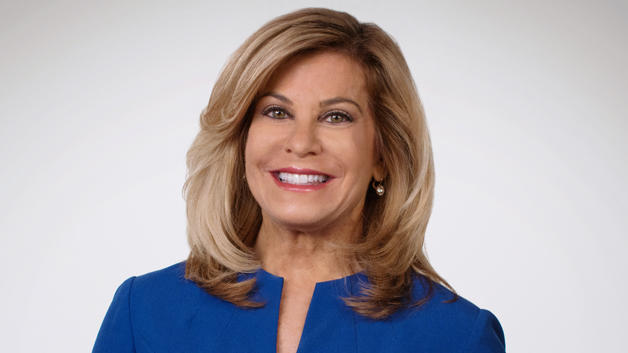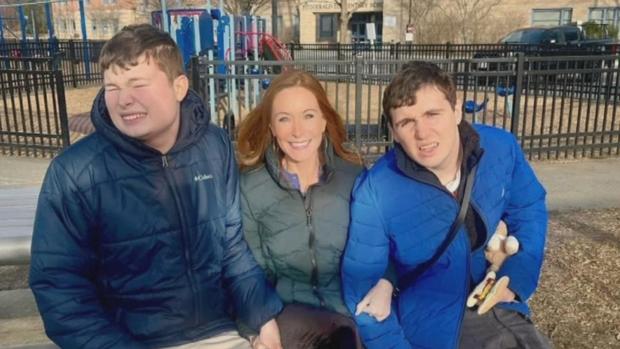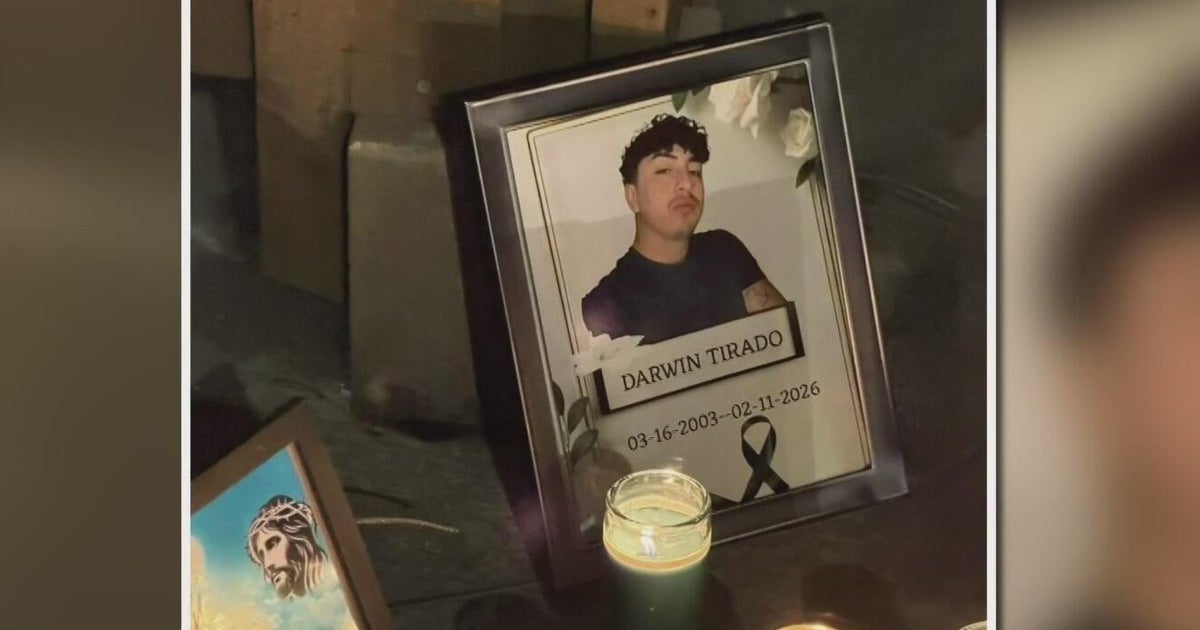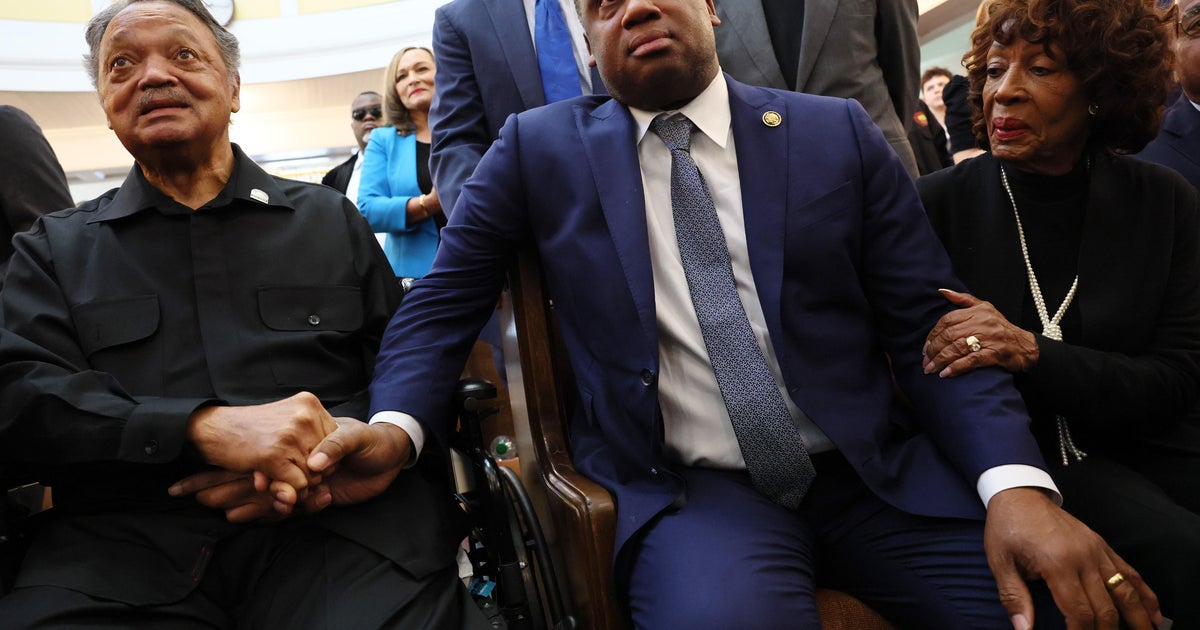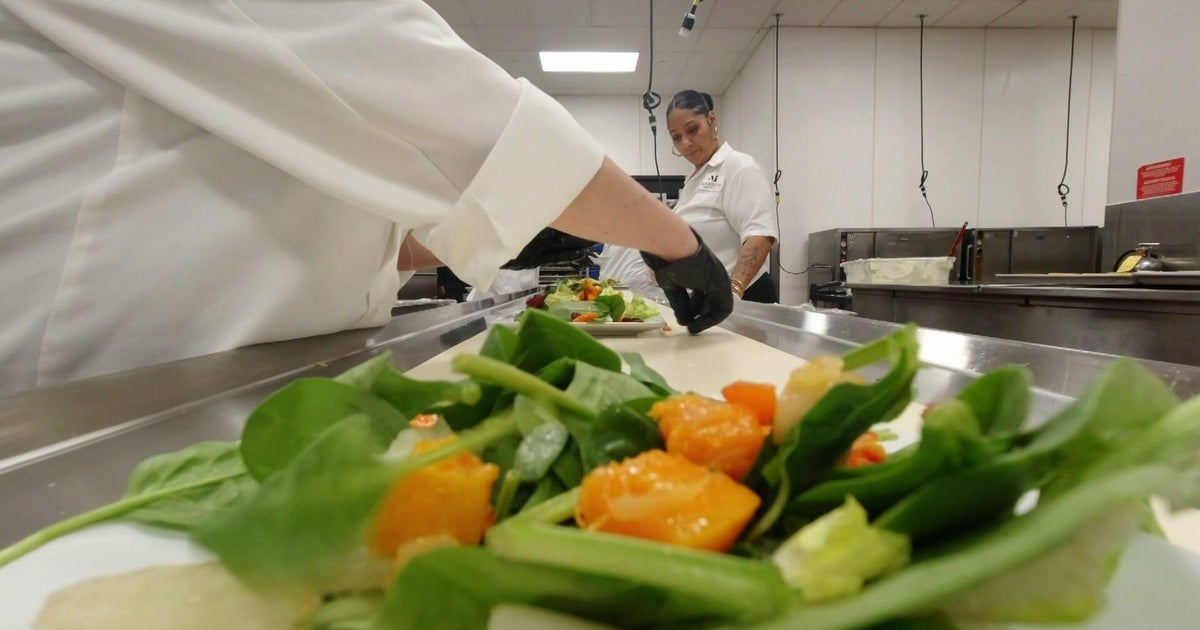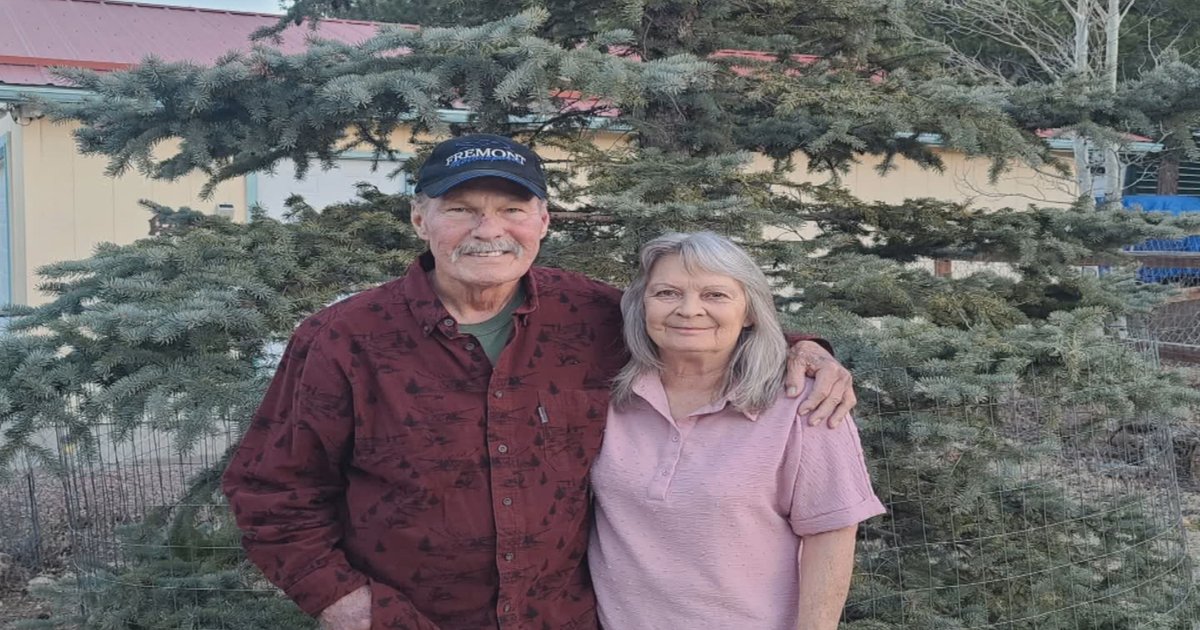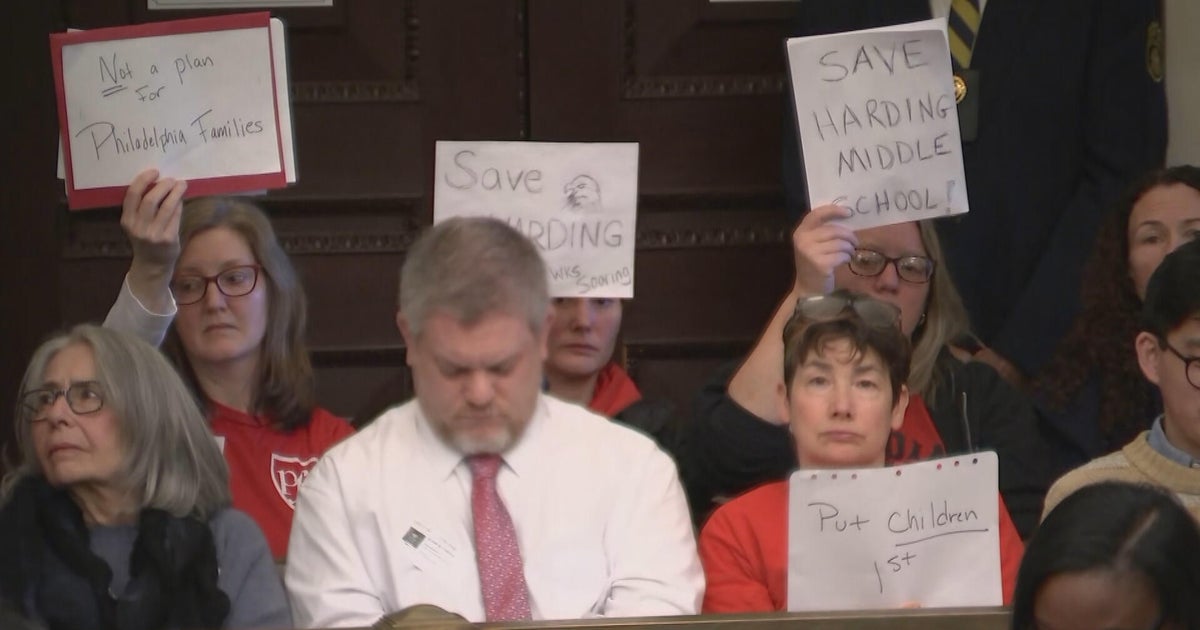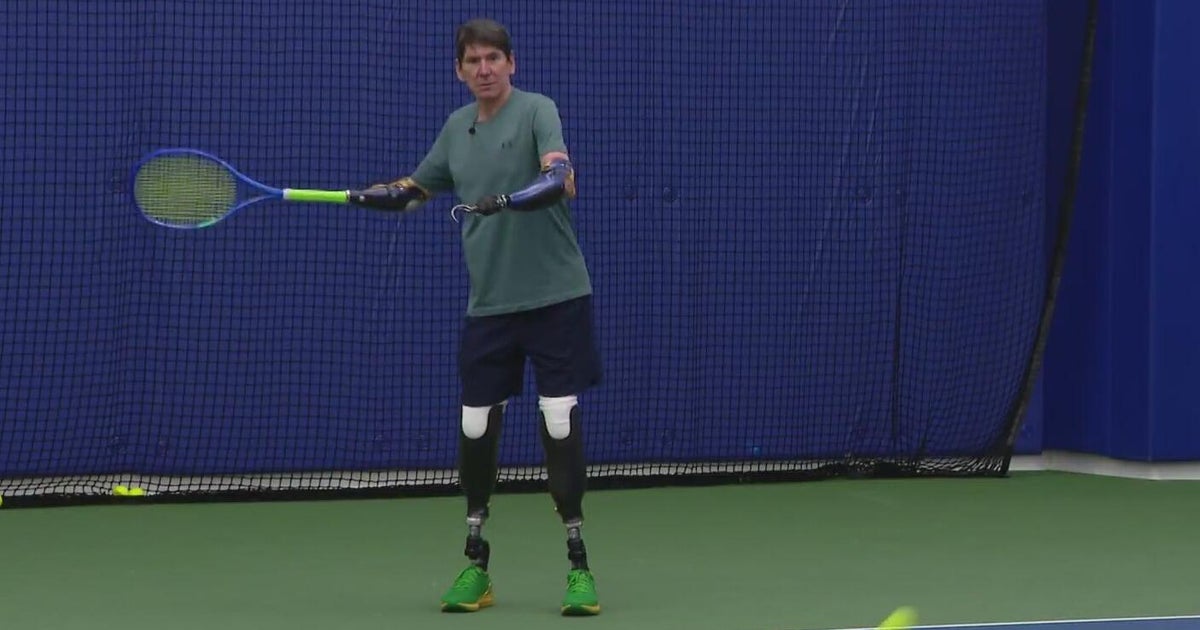'Systemic failure': Families say there aren't enough programs for young adults with autism
BOSTON - Douglas Chafe is well loved by his family who desperately wants to give him the best life possible. His mom, Lorriane Morgan Chafe, says Douglas is 24 years old and is severely autistic. He has not been enrolled in any programs for the last two years since he aged out of school.
Lorriane tells us every parent dreads the day their loved ones turn 22. After 22 years of age, young adults like Douglas who are living with autism and other challenges have to go from a special education school to adult service programs. But, the I-Team has learned there are not enough for everyone.
Maura Sullivan is with ARC, an advocacy group for folks with intellectual and developmental disabilities. She says the situation is dire, a real crisis. "I would say it's gone really beyond crisis and we're looking at a real systemic failure for adults with autism and intellectual and developmental disabilities," Sullivan said.
The ARC estimates there are more than 5,000 in Massachusetts who are not getting all of the help they need. The state tells us, about 70% of those who turned 22 in the last three years are getting some services.
Maura understands the challenges, she is not only an advocate with ARC, she also has two sons with autism. Maura says her son is 22 and has profound autism. She wants him to have a life with dignity and independence where he can go to the bathroom and shower by himself. "These are the little things that I don't know how much other people recognize when you have a child with a more profound disability," Sullivan said.
Without programs and activities, families say many young adults who are most in need are regressing and struggling with mental health issues. Lorriane held back tears sharing that her son gets aggressive now and has been hospitalized four times. The Rockland Police and EMS had to be called, Lorriane says they have been wonderful responding to her family's calls.
So why aren't there enough placements? the simple answer is there are not enough workers or staff, in part because families say the pay is too low. Maura Sullivan explains she believes there is also a bias. "How much do we care about people with disabilities," she said. "If we care enough, we need to pay that workforce well enough."
CDC data shows autism continues to be on the rise. Finding in 2020 one in 36 children have an autism spectrum disorder. That sobering statistic, along with ARC estimates that in Massachusetts about 1,500 turn 22 every year. Adding to the number of families who are already fighting for their loved ones.
Lorriane tells the I-Team she will do whatever it takes. "There are so many kids being diagnosed with autism they have to, they cannot keep sweeping this under the rug and turning their head and ignoring it," Lorriane said. "They have to do something."
"There is hope, we are seeing increases from the Governor Healey budget, which is wonderful, she put $200 million into a Mass Health Day program account that will significantly increase the rates of pay," Sullivan said.
Statement from the Department of Developmental Services:
"The priority of the Department of Developmental Services (DDS) is to provide high-quality supports for individuals with intellectual and developmental disabilities. For many people, their relationship with DDS begins as young adults when they leave special education and enter the adult service system at age 22. DDS is committed to supporting young adults and their families through this critical transition and continues to make record investments in the Turning 22 Program, traditional and innovative service models, and the caregiver staff that make them possible.
As in other health and human service sectors, DDS providers in all service models are facing ongoing staffing challenges that continue to impact the availability of services. DDS works with the Executive Office of Health and Human Services and our non-profit providers to implement rate enhancements and other recruitment efforts to rebuild this capacity. DDS is committed to continue working together to ensure all individuals are supported to meaningfully access and participate in their communities."
